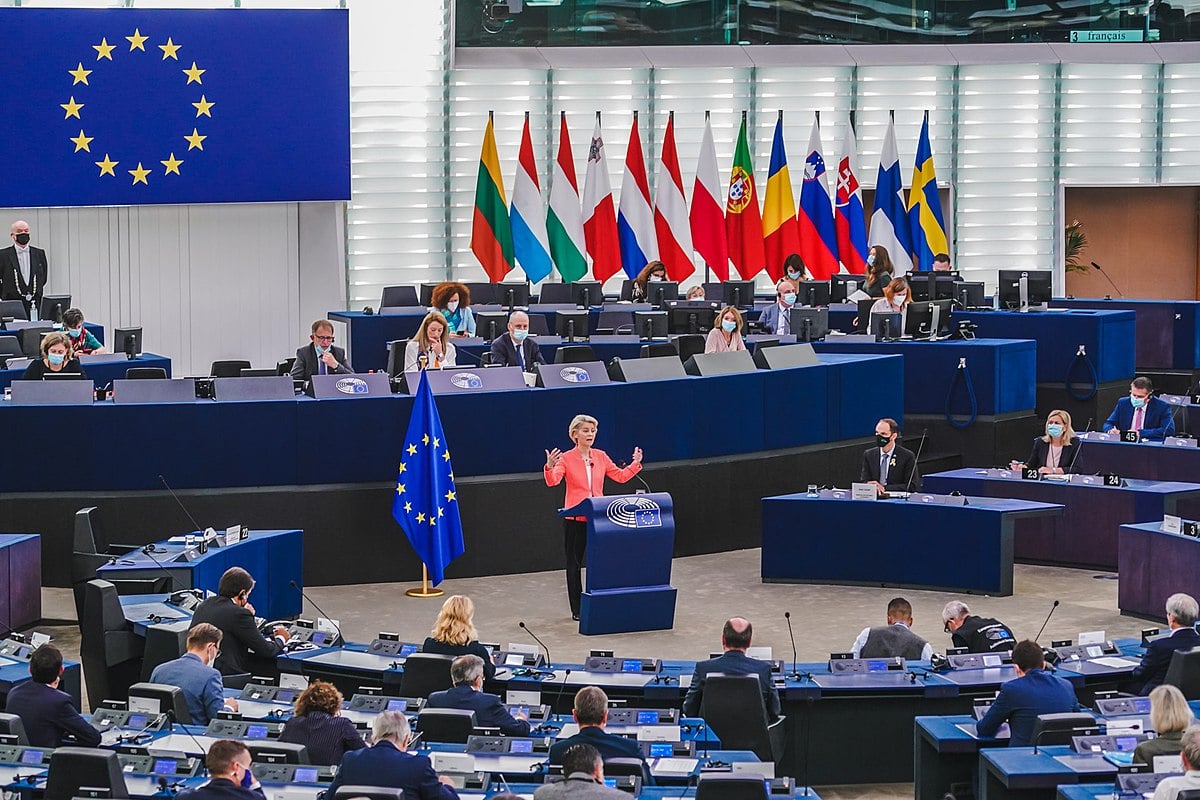

Nine leaders of EU nations have launched a joint call to revise the interpretation of the European Convention on Human Rights (ECHR). Their goal is to grant member states greater authority to expel foreign nationals and migrants in the EU who commit crimes. They argue that current legal constraints limit their ability to protect public safety.
Italian Prime Minister Giorgia Meloni and Danish Prime Minister Mette Frederiksen are leading the aforementioned effort. They have issued a declaration urging EU members and bodies to reconsider whether older legal agreements still serve today’s needs.
The leaders of Austria, Belgium, Czechia, Estonia, Latvia, Lithuania, and Poland also signed the document. Leaders of these countries share growing concerns about the link between migration and national security.
Meloni stated on Thursday, “We need to examine the conventions we are bound by and ask if they still respond to today’s major challenges, especially migration.”
The group of EU leaders criticized the ECHR for expanding its legal authority beyond its original intent, claiming that the court has blocked the expulsion of foreign nationals even after criminal convictions, citing protections that may no longer reflect current realities.
These leaders want their governments to regain the right to make expulsion decisions when public order is at risk. They argue that European countries must possess stronger tools to protect citizens from repeated or serious criminal behavior by non-nationals.
In cases in which deportation is not legally possible, the group calls for enhanced systems to monitor such individuals. They maintain that authorities must at least track migrants who remain in a country despite posing known risks.
The declaration also highlights a broader geopolitical concern: the strategic use of migration to destabilize the EU. Lithuania recently filed a case against Belarus at the International Court of Justice. The claim accuses Belarus of orchestrating illegal border crossings to create political tension in Europe.
According to the signatories, such tactics take advantage of legal protections while threatening the integrity of EU borders.
The leaders emphasized their commitment to human rights. However, they stressed that legal frameworks must evolve to balance individual liberties with national responsibilities. It was also argued that countries need the legal space to respond to modern threats without breaching core human rights principles.
This proposal is likely to spark significant discussion across Europe. Critics may warn against undermining established rights. However, the nine EU leaders insist that a new balance is necessary—one that respects human dignity while restoring the authority of states to act when public safety is at stake.
